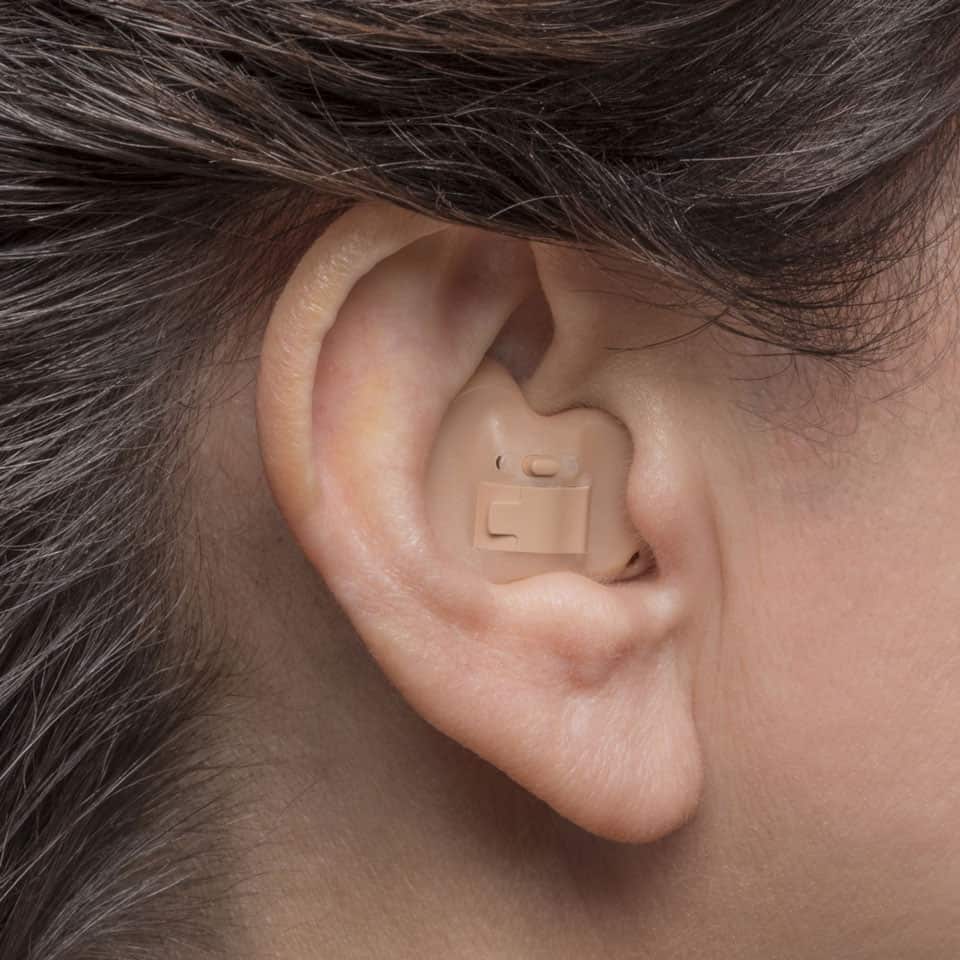
"Excellence we aspire; Performance we deliver".
Contact Us
A cochlear implant is an electronic device that partially restores hearing. It can be an option for people who have severe hearing loss from inner-ear damage who are no longer helped by using hearing aids.
Unlike hearing aids, which amplify sound, a cochlear implant bypasses damaged portions of the ear to deliver sound signals to the hearing (auditory) nerve.
Cochlear implants use a sound processor that fits behind the ear. The processor captures sound signals and sends them to a receiver implanted under the skin behind the ear. The receiver sends the signals to electrodes implanted in the snail-shaped inner ear (cochlea).
The signals stimulate the auditory nerve, which then directs them to the brain. The brain interprets those signals as sounds, though these sounds won't be just like normal hearing.
It takes time and training to learn to interpret the signals received from a cochlear implant. Within a year of use, most people with cochlear implants make considerable gains in understanding speech.
Why it's done
Cochlear implants can restore hearing in people with severe hearing loss who are no longer helped by using hearing aids. Cochlear implants can improve their communication and quality of life.
Cochlear implants may be placed in one ear (unilateral) or both ears (bilateral). Cochlear implants in both ears have started to be used more often to treat bilateral severe hearing loss - particularly for infants and children who are learning to speak and process language.
Adults and children who are as young as six to 12 months old can benefit from cochlear implants. People who have cochlear implants report improved:
Ability to hear speech without needing visual cues such as reading lips
Recognition of normal, everyday environmental sounds
Ability to listen in a noisy environment
Ability to find where sounds are coming from
Ability to hear television programs, music and telephone conversations
To be eligible for a cochlear implant, you must have:
Hearing loss that is so severe it interrupts spoken communication
Limited benefit from hearing aids as determined by specialized hearing tests
No medical conditions or factors that increase the risks associated with cochlear implants
High motivation to participate in hearing rehabilitation and be part of the hearing world
Realistic expectations of what cochlear implants can and can't do for hearing